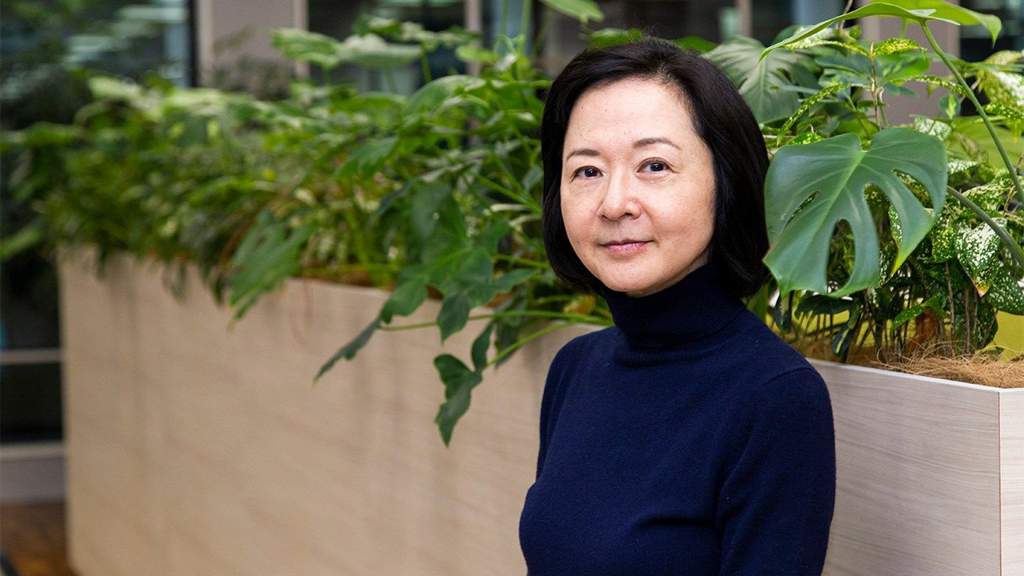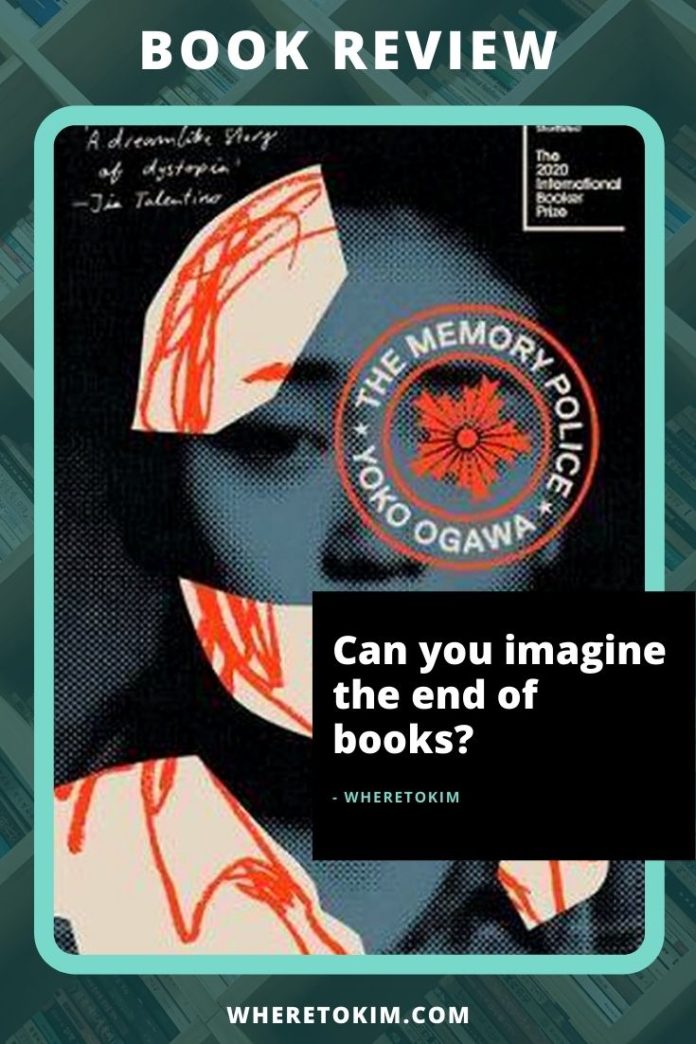

Though not an exact allegory of Nazi-occupied Europe, The Memory Police echoes The Dairy of Anne Frank by confining characters to secret rooms, hiding from a lethal state force that hunts people down and prevents collective uprising through violence and surveillance.Imagine there is a fire, you try to save the most important and cherished items.

Written between 19 while Frank was concealed in an attic hiding from the Nazis, The Diary of Anne Frank inspired Ogawa to explore what happens to people when confined in impossibly small spaces. Lastly, Ogawa has said that The Diary of Anne Frank directly influenced her writing The Memory Police. Kafka on the Shore, for example shares themes of memory, fate, and isolation with The Memory Police, as well as dream-like narration. Also related to The Memory Police are the works of Haruki Murakami, a Japanese author who Ogawa cites as an influence in her writing. Although Ogawa’s novel strikes a much different (softer and more melancholic) tone than Orwell’s, the parallels between the all-seeing Big Brother in 1984 and the Memory Police’s shadowy surveillance in Ogawa’s novel are evident. The Memory Police has been compared to the English author George Orwell’s dystopian 1984. Ogawa has said that no matter where life takes her, she always wants “to have a life of writing.”

Ogawa cites authors such as Haruki Murakami, Marguerite Duras, and Paul Auster as influences in her writing. Internationally, her work has been recognized with the Shirley Jackson Award and the American Book Award, and the English translation of The Memory Police was a finalist for the International Booker Prize in 2020. Since her first publication, Ogawa has written over 50 works of fiction and nonfiction. In 1990, Ogawa won the Akutagawa Prize for her book Pregnancy Diaries, which she wrote while taking care of her young son. She published her first novel, The Breaking of the Butterfly, in 1988, a debut that would go on to win the Kaien Literary Prize. Ogawa wrote while home alone when her husband was at work. She worked as a medical engineering secretary until she married her husband and quit her job-a common practice for women in her generation. Yōko Ogawa was born in Okayama, Japan and studied writing at Waseda University in Shinjuku, Tokyo.


 0 kommentar(er)
0 kommentar(er)
